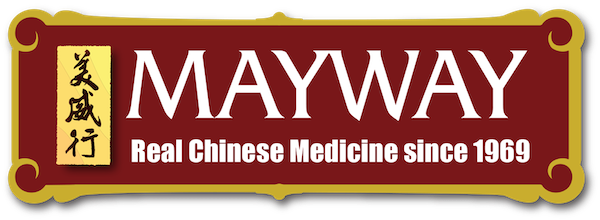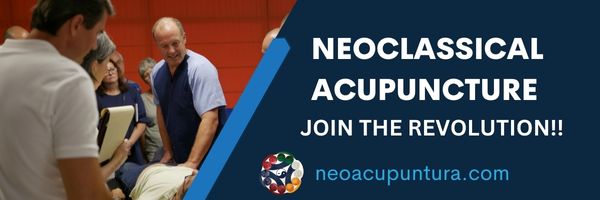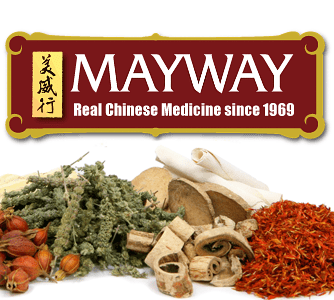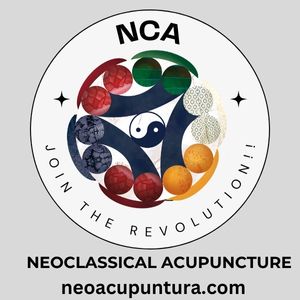The Chinese say 活到老學到老 hou dao lao, xue dao lao, which can be translated as “continue learning for as long as you live.” It’s good advice, and when it comes to the practice of medicine, it’s essential. Our work gives us an endless opportunity to learn and deepen our understanding.
In this conversation with Kathy Taromina, Craig Mitchell and Dan Bensky we discuss what they have been learning about using Chinese herbal medicine in responding to the symptoms of Covid-19, as they carry out a study that is being done at the Seattle Institute of East Asian Medicine.
Doctors of the past have left us a treasure trove of ideas and clinical strategies for treating epidemic illness and all of these methods are coming into play in our modern world, as we learn more about how the Coronavirus affects different people.
Listen into this conversation on how experienced herbalists are learning from the wide range of presentations that are showing up in the clinic. And how you can access the information that is being collected from this study for your own learning and use in the treatment of infectious illness.
In This Conversation We Discuss:
- How the treatments are done and the challenges of telemedicine
- The full range of infectious illness models is showing up with Covid19
- Dampness is an element that seems to tie together disparate symptoms
- Apparently there are some issues with blood stasis with Covid
- Studying Chinese medicine on Chinese medicine’s terms
- The importance of differentiating pattern and differentiating disease
- Chinese medicine is not industrial medicine
- All methods of medicine are noticing that Covid causes serious problems with the fluids
- It’s important to keep close tabs on your Covid patients, things can change quickly
- One of the issues with using Chinese medicine is that we don’t fit so well in a factory/industrial world
- Telemedicine can give us the opportunity to treat more infectious illness and get better at it
- We need to be more prepared in terms of treating infectious illness
- Learning to treat infectious illness is something that is within any practitioner’s grasp
- Before the 1930’s any Chinese medicine herbalist worth their salt could treat infectious disease
- Recovery is a problem for many people
- Surprising things can happen with telemedicine.
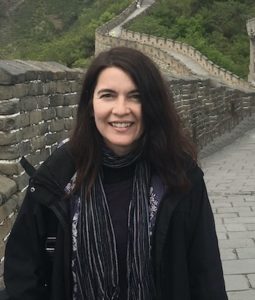 Katherine Taromina, DACM, L.Ac
Katherine Taromina, DACM, L.Ac
Katherine is the Academic Dean and faculty for the Seattle Institute of East Asian Medicine (SIEAM). She has been in clinical practice since 1998, practicing in both private practice and hospital-based settings.
After 20 years of studying and eventually specializing in treating adults and children with cancer both on-therapy and into survivorship, she now teaches advanced classes and continuing education for practicing acupuncturists on topics relating to Chinese medicine as supportive care for cancer patients.
Kathy is also a clinical researcher with an interest in the conducting clinical trials that will expand patient access to East Asian Medicine.
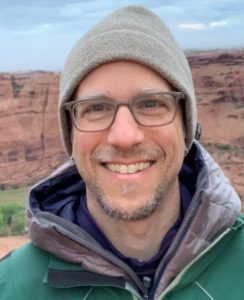
Craig Mitchell, P.hD, L.Ac
Craig Mitchell received a Master of Science degree in Traditional Chinese Medicine from the American College of Traditional Chinese Medicine in San Francisco (1993). Craig completed his PhD from the China Academy of TCM (Beijing) in 2006. He has written numerous articles and translated several Chinese medical texts, including On Cold Damage: Translation and Commentaries. Craig has been in private practice since 1993 and has been actively teaching since 1997. He is the President of the Seattle Institute of East Asian Medicine, where he is also a clinic supervisor and teacher. Since 1997, Craig has taught classes on Chinese herbal medicine, internal medicine, medical Chinese, acupuncture techniques, and tuina.
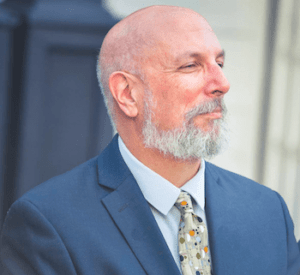 Dan Bensky, D.O.
Dan Bensky, D.O.
I’ve been interested in things East Asian since I was a boy and stumbled into Traditional East Asian Medicine [TEAM] by chance in the early 1970’s. At the time it was not only very hard to find a place to study, it was even hard to know what or how to study. This sense of wonder has stayed with me for the past 45 years. My experiences, in Taiwan, Japan, China and the US have shown me that the greatest thing about this medicine is that it has so many tools that aid in being open to paying attention to and helping our patients on a multitude of levels. Similarly, engagement with the medicine demands that we dive into the traditions without being stuck in them so that we can connect to and be a part of them. I have been helped along this path when, again by chance, I became interested in osteopathic medicine in the late 1970’s and had the good fortune to go to Michigan State University where I was able to work with some amazing teachers. It became quickly obvious to me that TEAM and osteopathy were complementary on many, many levels and I’ve been working on integrating them and attempting to understand how each illuminates the other ever since.


